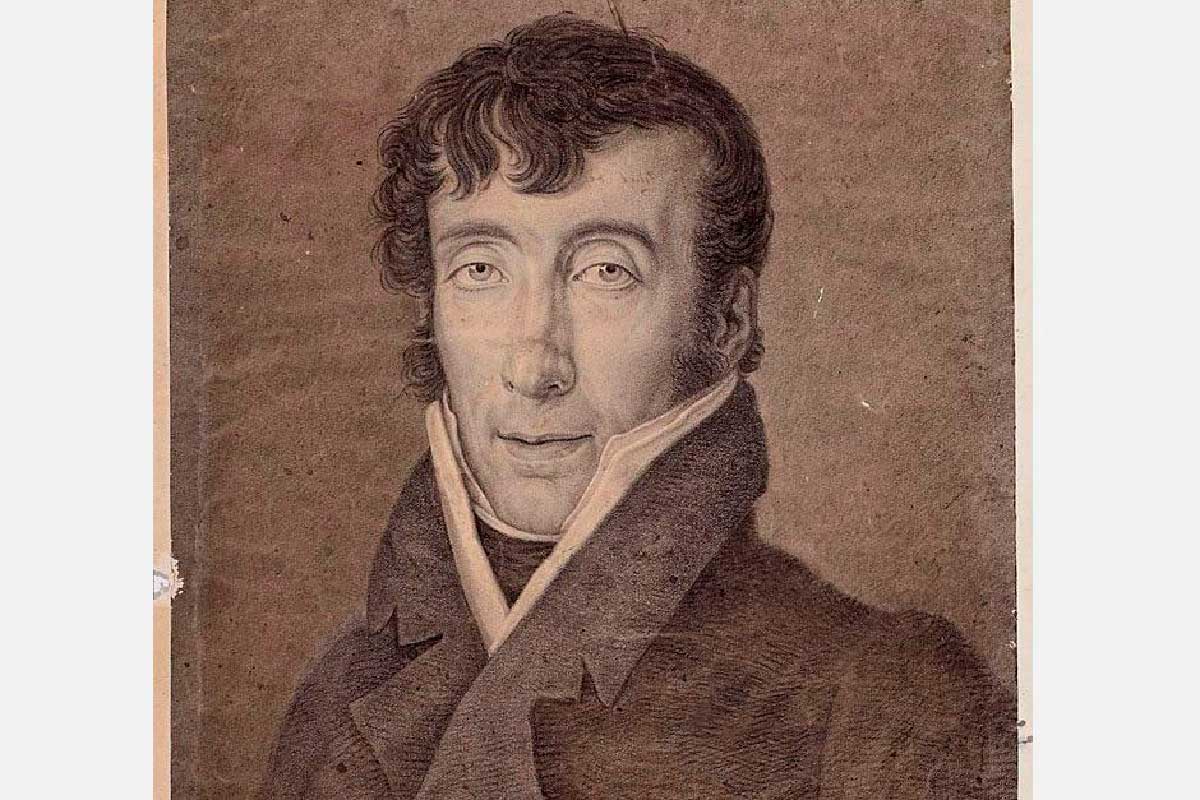
The outstanding Aragonese ephemeris of the day recalls that today, November 14, but in 1827, the enlightened man from Caspola, Agustín de Quinto y Guíu, died, descendant of the family that owned the lordship of Quinto. He studied in Zaragoza and moved to the University of the city, where he studied Philosophy, Theology, Canons and Civil Law. After competing for different cathedral doctorates, he chose to practice law in Caspe.
During the French invasion, Augustine was commissioned by the city of the engagement to perform the duties of war commissary and auditor to Lt. Col. Elolaat the same time that he was in charge of the defense of the city. After the defeat and capitulation of the city, he was part of the group of notables who supported the government of the new monarch José I.
In 1814, after the French withdrawal, he went into exile in Perpignan, showing his animosity to the absolute regime of Ferdinand VII and appearing to be involved in the conspiratorial and revolutionary plot of the Spanish refugees led by Mina to reinstate the liberal constitution. With the amnesty of October 1820, Agustín returned to Spain, showing signs of an exalted liberalism through his collaborations in the newspaper founded by Javier de Burgos, Miscelánea de Comercio, Artes y Literatur.a. During this time, he published numerous articles in the Diario de Zaragoza under the pseudonym of El Montañés de Sobrarbe.
On his return to Caspe, Agustín was commissioned by the Junta Superior de Sanidad to coordinate the sanitary measures to prevent the spread of a yellow fever epidemic in the Mequinenza area, a task he carried out with great success.. During the Triennium, he settled in Zaragoza, where he joined the Bar Association and was appointed an individual of the Junta General de Beneficencia.
The last years of his life were spent in Saragossa, where he acted as administrator and consultant to numerous important people.as well as the Duke of San Fernando, the Princess of Peace and the Countess of Chinchón, with respect to legal business in the Aragonese territory. Agustín de Quinto y Guíu left a significant legacy through his printed works, with his “Curso de agricultura práctica” standing out.which led to his appointment as a corresponding member of the Central Agricultural Society of Paris.
WHAT IS AN EPHEMERIS?
An ephemeris is an important date or event that is celebrated or remembered on a certain date of the year. These are usually anniversaries of historical events, important discoveries, birthdays of famous people, religious dates, or commemorations of national events.
Ephemerides can be commemorative, educational, or simply informative. Some ephemeris are of global importance, while others may be more relevant at the local or regional level. Ephemerides are an important way to remember our past and reflect on its significance for the present and future.
source

